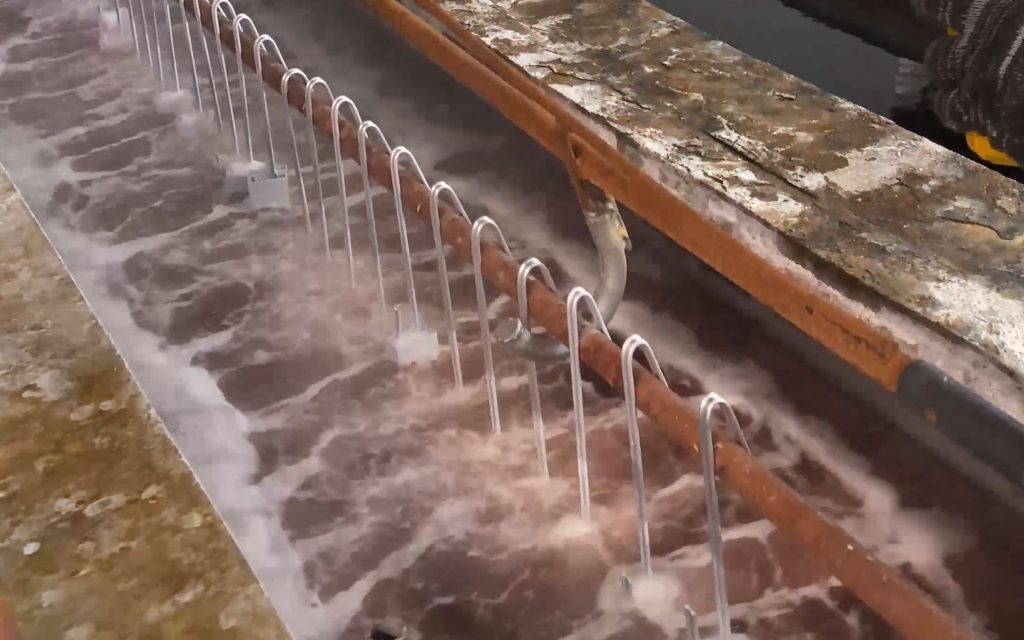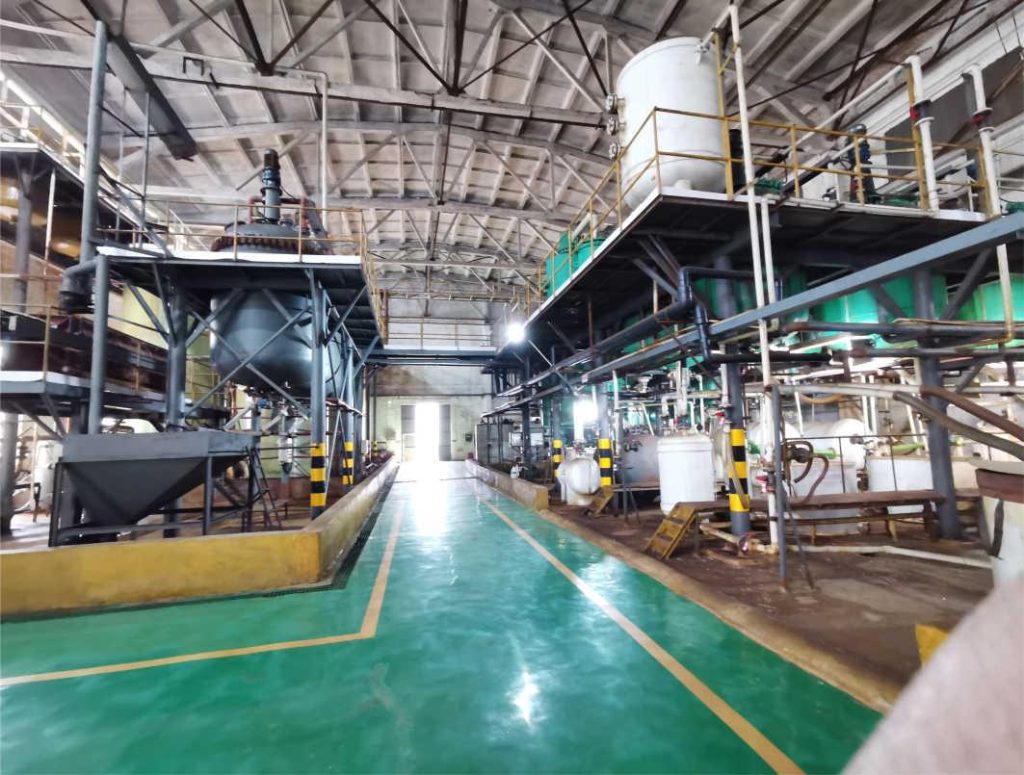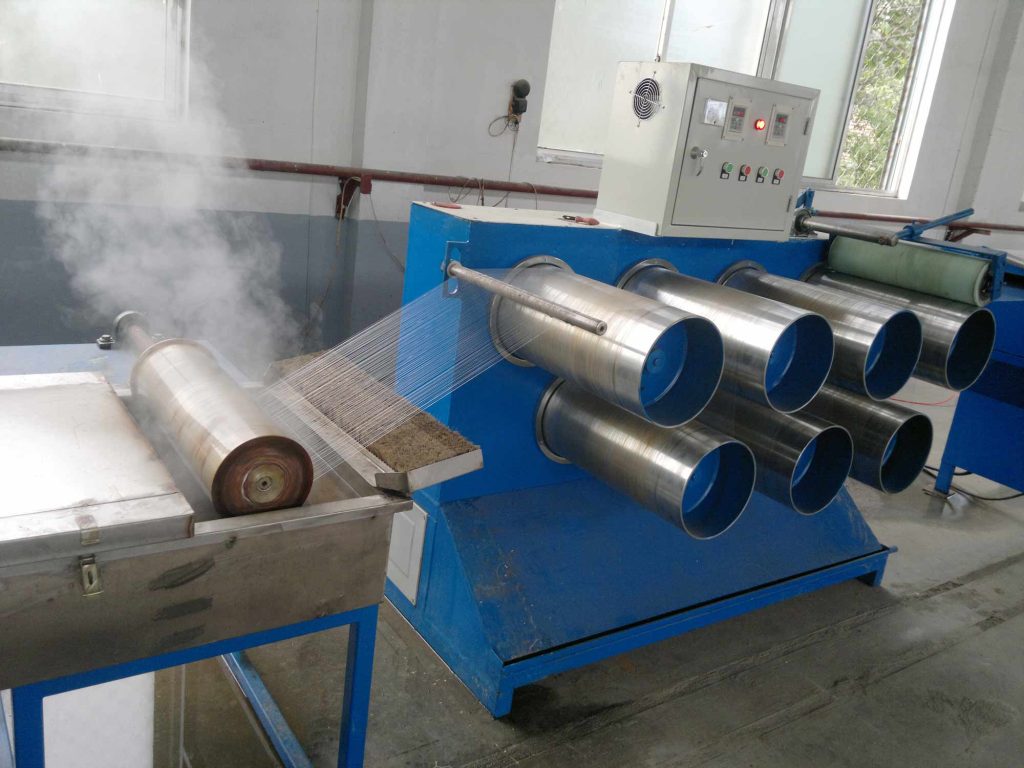1. Alkaline washing
Generally speaking, aluminum plates supplied by aluminum processing contain a certain amount of oil on their surface. Oil and air oxide film are harmful to sand treatment, and alkaline solution is generally used to remove the air oxide film and oil. The common configurations of degreasing liquids include corrosion inhibitors such as sodium hydroxide and surface activators such as sodium gluconate, fatty acid polyoxyethylene ether solubilization, and complexation. The ambient temperature of the degreasing solution is generally controlled at around 55-60 ℃, and the effectiveness of degreasing is related to the temperature of the solvent. If the ambient temperature is too high, it can cause corrosion to the aluminum plate base, so it is necessary to control the ambient temperature.

2. Acid treatment
In production and processing technology, there is a nitric acid treatment process after alkaline washing, which aims to remove residual substances after alkaline washing and neutralize the remaining alkaline solution. The concentration value of nitric acid solvent is 5% to 10%. When configuring, be careful to pour nitric acid into water and mix thoroughly. During the acid treatment process, attention should be paid to the analysis of solvent concentration values, and immediate compensation should be made.

3. Coarsening
Coarsening is to better form a sand mesh structure with the required surface roughness. Coarsening can enhance the affinity of the aluminum substrate surface to water, reduce the moisture content on the substrate surface, and prevent dirtiness on the layout; At the same time, the roughened surface can also develop the adhesion between the plate and the photosensitive agent, thereby improving the printing resistance of the plate. The coarsened sand mesh is composed of countless convex peaks and concave valleys. Different sand mesh structures pose a significant threat to the adhesion of the water retaining and photosensitive layer, and also pose a significant threat to the application of the PS version. Qualitative analysis is conducted on the characteristic parameters of the profile curve of the sand mesh rough section manufactured by the production top surface roughness tester.



